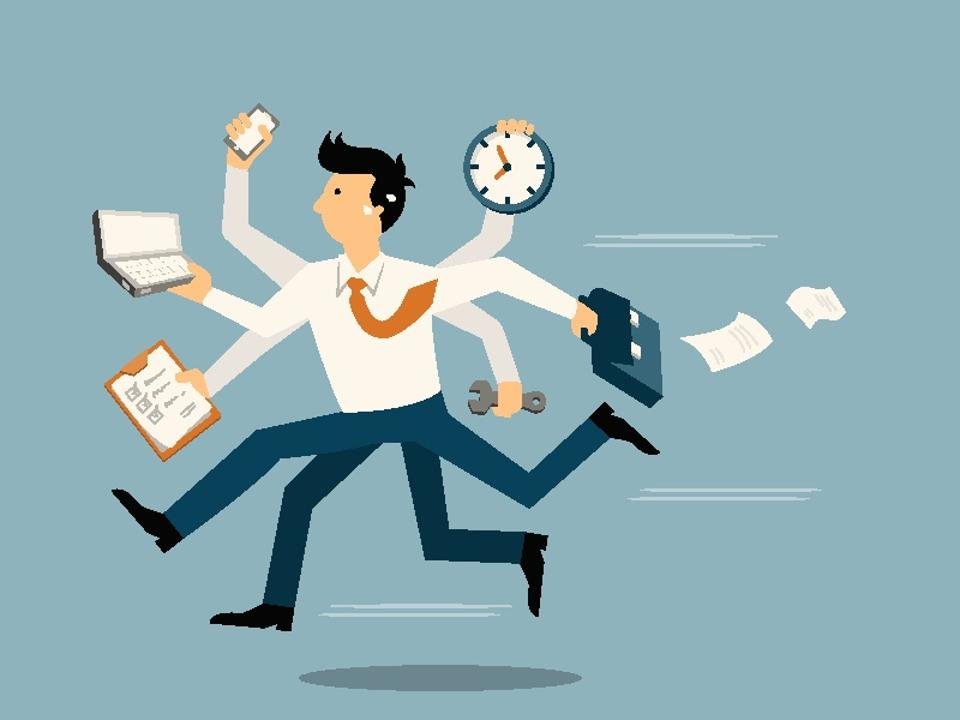The Hidden Cost of Hustle Culture
In a world glorifying the grind—where overwork is worn like a badge—true rest becomes a radical act. While hustle culture praises nonstop productivity, the science and lived experiences emerging today reveal that rest is not weaknesses—it’s one of our greatest strengths.
Hustle culture equates busyness with success, rewarding those always “on.” But this mentality leads us straight to burnout: diminished creativity, anxiety, poor health, fractured relationships, and productivity declines. The myth that more work equals more value is crumbling under pressure.
Why Rest Isn’t a Reward—It’s a Right
Our nervous systems, minds, and bodies crave downtime. Psychologists highlight that short, mindful breaks reduce cortisol by up to 30% . Meanwhile, cultural movements—like Chinese “tang ping” (lying flat), Japan’s inemuri, and India’s “soft life”—embrace rest as resistance against nonstop hustle.

Real‑World Evidence: From “Tang Ping” to Soft Life
- Tang ping emerged in China as a quiet revolt to 996 culture, valuing low‑desire life and mental well‑being over endless work.
- In India, Gen Z champions the “soft life” aesthetic—boundaries, gentle mornings, mindful pauses—showing rest as strength.
- In Japan, inemuri allows small rest breaks—even on the go—recognizing survivability in high‑pressure societies.

The Neuroscience Behind Rest
Rest stimulates the parasympathetic system—slowing heart rate, aiding digestion, boosting memory and creativity. This deliberate pause replenishes energy and fosters breakthroughs that hustle alone cannot deliver.
Gen Z’s Rebellion: Redefining Productivity
Unlike previous generations, Gen Z demands integration—not separation—between work and life. They see rest and recovery as essential to innovation and sustainability. Movements like quiet quitting, lazy-girl-job, and soft-life illustrate this shift away from hyper-work toward balanced living.
Practical Strategies to Rest Effectively
- ✨ Schedule mini‑breaks: 20–30 minute pauses improve focus dramatically.
- 💤 Nap intentionally: short naps refresh the mind without derailing productivity.
- 🌿 Unplug for nature walks or quiet time: digital detox rejuvenates the nervous system.
- 📵 Set boundaries: close Slack at 8 PM, mute work chats—let your body know it’s resting time.
- 🧘 Daily rituals: a bath, a book, breathwork—mini‑rituals signal rest to your brain.
Rest as Resistance—and Liberation
Rest isn’t just self-care—it’s protest. Activists like Tricia Hersey position rest as liberation from capitalist and racialized expectations. Choosing leisure pushes back against a world that prizes productivity over health, creativity, and autonomy.

Changing Company Cultures
Workplaces now face rising demands for mental health days, therapy stipends, and four‑day weeks as pushback against burnout. Leaders who role‑model rest create cultures where true productivity thrives, not when people grind themselves to dust.
Conclusion: Rest Is Power
It’s time to reframe rest as a core part of success. In a society idolizing constant hustle, rest is your superpower—fueling creativity, depth, resilience, and joy. Whether in solitary naps or full-on sabbaths, reclaimed rest is revolutionary. So tomorrow, block your calendar for a pause. Don’t apologize. You’re not slacking—you’re thriving.
Do follow UAE Stories on Instagram.
From Dubai Burnout to Breakthrough: My Unexpected Success Journey













